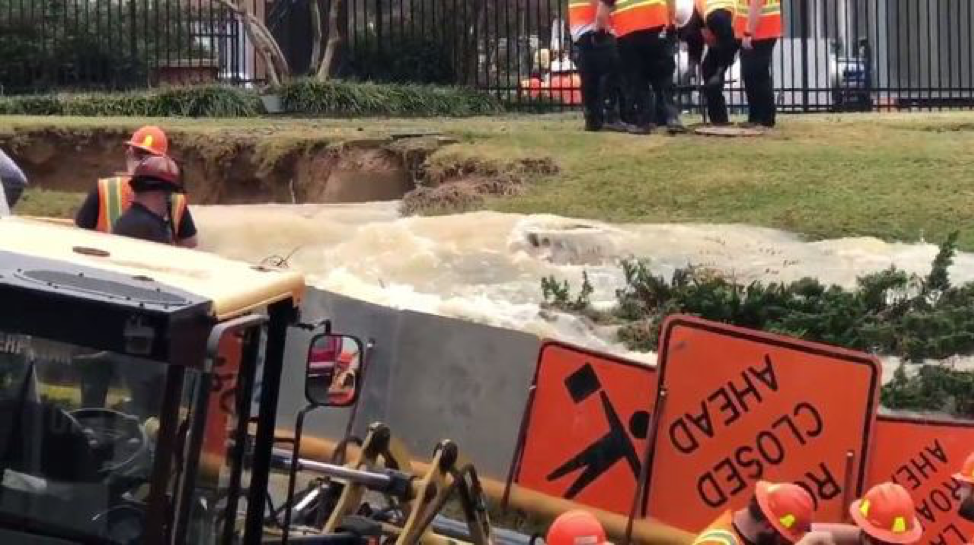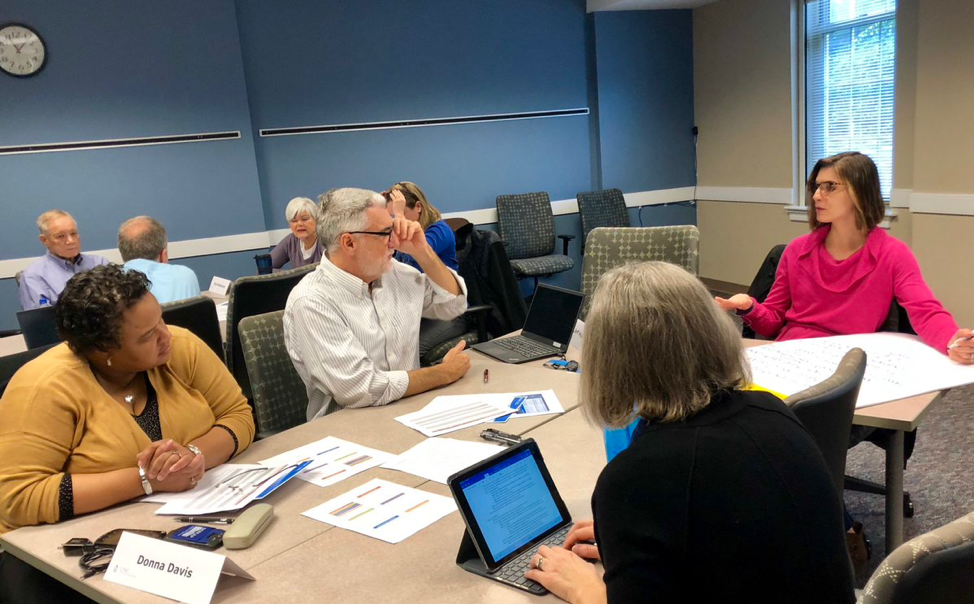By Jill Moore
Jill Moore is an Associate Professor of Public Law and Government at the UNC School of Government.
Local government agencies have critical roles in responding to drinking water incidents.
Incidents affecting drinking water occur frequently in North Carolina. Storms may flood private wellsor damage drinking water distribution systems, utilities may have infrastructure failures, or there may be a newly discovered contamination of a drinking water source. When there is a problem with drinking water—or even just a concern about drinking water—residents may look to their local governments for everything from answers to basic questions to very practical supports in getting the water they need.
Public and investor-owned utilities are a critical player in managing drinking water issues, but local government agencies are likely to be involved as well. Local health departments, emergency management officials, city or county administration, and communications professionals may all be called upon to respond to resident and business needs.

While any one local government may not be able to predict exactly what, when, or how something will happen to their residents’ drinking water, all of North Carolina’s local governments can and should anticipate that they will encounter a drinking water incident at some point.
When that happens it raises a number of questions:
- What will they do?
- What will they need to know?
- Who will they need to work with to produce an effective response?
- How will they communicate about the incident with their residents?
- What will they want to have in place to support them in all these efforts?
The Drinking Water Working Group utilizes expertise across a variety of institutions.
The UNC School of Governmentconvened the Drinking Water Working Group(DWWG) for the express purpose of assisting North Carolina’s local governments with these questions. The DWWG is composed of 22 members representing local government officials, public and investor-owned water utilities, state agencies with responsibility for drinking water or public health, and UNC faculty members who have relevant subject matter expertise. Its charge is to develop a practical toolkit for local governments to use when they experience an incident affecting drinking water.

Toolkit will serve as a resource for planning and response.
The DWWG recognizes that there is a wealth of existing resources and information on drinking water, but one of the challenges for local governments faced with an incident is identifying which resources are going to be most helpful during their response. Thus, the group’s task is in part that of a curator, collecting and categorizing a core set of existing resources that can be used by local officials whose knowledge and experience with drinking water will likely vary widely.
“The toolkit will be made available online and debuted during a free webinar for local governments in late June.”
The group has also conducted a survey of potential toolkit users, to identify their resource needs more specifically. The DWWG used this information to develop a toolkit plan that combines existing resources with new, North Carolina-specific resources. The toolkit will be made available online and debuted during a free webinar for local governments in late June.
The DWWG project is coordinated by the UNC School of Government’s ncIMPACT Initiative, with support from a grant provided by the NC Policy Collaboratory.
For more information, contact:
Jill Moore, Associate Professor, UNC School of Government, moore@sog.unc.edu
Emily Williamson Gangi, Engagement Director, ncIMPACT, emily.gangi@unc.edu

